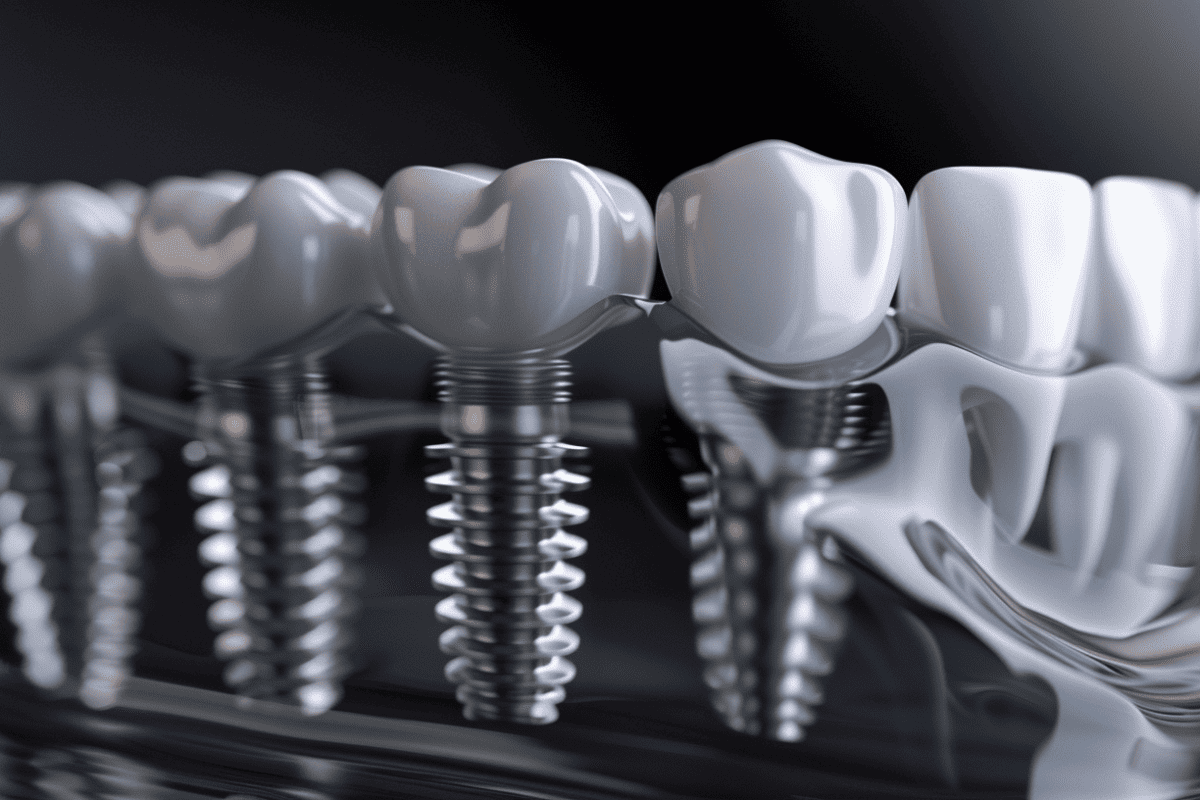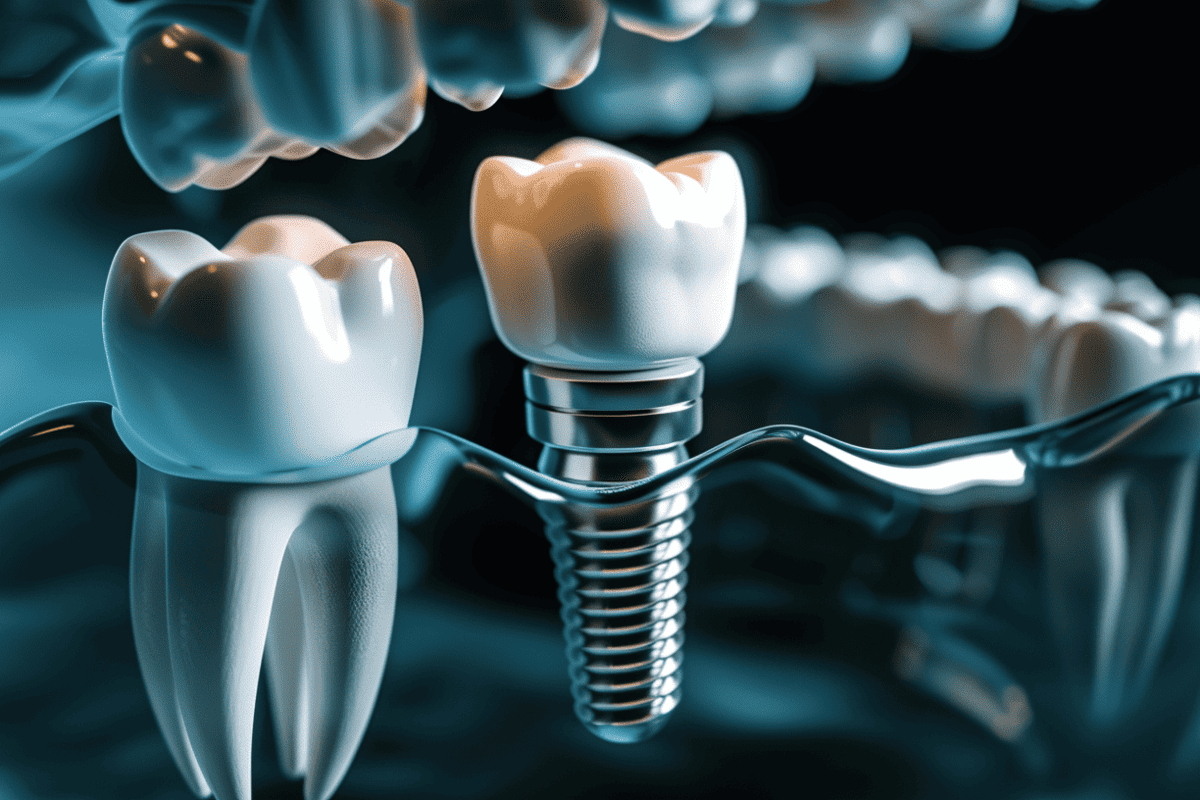Dental appointments are among the scary things to most individuals. This is because some people fear needles, painful dental procedures, or are uncomfortable due to previous horrible experiences. This makes them anxious and reluctant during appointments, affecting dentists’ performance since dentists can find it challenging to work with reluctant patients.
Dental sedation offers an effective solution to those issues. The dental sedation process involves using drugs that can assist patients in staying calm and comfortable during dental procedures. It also makes the process painless, lowers the gag reflex, and simplifies dental procedures.
If you’re attending your first dental sedation appointment, you may be unaware of what to expect and prepare for your appointment. Worry not, as this article discusses five ways to prepare for your dental sedation appointment. Keep reading!
1. Put On Comfortable Clothing
Wearing loose but comfortable clothing is ideal during a dental sedation appointment. This is because, in some procedures, your dentist may have to check your blood pressure to determine if you’ll react negatively to the procedure. Therefore, comfortable clothing makes this process more seamless.
Furthermore, avoid putting on high heels, jewelry, or contact lenses. Instead, go with flat shoes and switch to eyeglasses. This is because contact lenses can be uncomfortable, as you may need to nap or close your eyes during the procedure. Meanwhile, you may be unstable immediately after a sedation procedure, and heeled shoes may cause you to trip and fall.
2. Keep Your Stomach Empty
Primarily, there are three types of dental sedation. In most cases, dental sedation procedures may require you to fast for some hours before your dental sedation appointment.
To give you an overview, below are food and drink restrictions for the various types of sedation:
- Intravenous (IV) Sedation: In this type of sedation, your dentist will direct the sedatives to your bloodstream using small needles connected to your vein. You may be required not to eat anything, including solid and semi-solid foods, and not to take any drinks or beverages. However, you can take a clear drink two hours before the procedure.
- Oral Sedation: This type of sedation involves taking a prescribed pill. It works by paralyzing the part of the brain liable to fear and anxiety. In this sedation, you may be required not to eat or drink anything six hours prior to your appointment.
- Nitrous Oxide: Also known as ‘laughing gas,’ nitrous oxide sedation involves inhaling this gas combined with oxygen via a mask. It enables you to generate a euphoric feeling and reduces pain. In this type of sedation, you may take a light meal before your appointment. However, some patients may feel nauseous and even vomit. In this case, you’re advised to take very little food or refrain from eating.
Consider consulting your dentist about the type of sedation you’ll undergo and confirm whether you should eat or fast. Remember to inform them about any medication you’re taking that may require you to eat.
3. Tag Along A Driver
Sedation dentistry paralyzes your nervous system to offer relaxation, alleviate pain, and foster comfort. For some types of sedation, like oral and IV sedation, you may feel groggy, impairing your driving ability. Also, some side effects of these procedures are confusion and fatigue that may last for hours after your appointment. This means you may be unable to drive immediately. Therefore, ask a reliable family or friend to drive you home.
On the other hand, if you’re undergoing laughing gas sedation, the effects may disappear after a few minutes. For this reason, confirm with your dentist the type of sedation you’ll undergo and whether you can drive back home safely or have someone drive you.
4. Consult Your Dentist
Your dentist can help you prepare for your dental sedation appointment in various ways. Also, they will give you special instructions you need to follow for your appointment and inform you about the type of sedation you’ll undergo and what to expect before and after the procedure. Therefore, communication with your dentist is essential.
Consult your dentist and ask them about any concerns you may have. Inform them about your medications and whether to skip your dose. This enables them to prescribe a method that’ll suit your needs.
5. Try To Relax And Stay Calm
Being anxious about dental procedures is common, especially if it’s your first time. However, this may interfere with the process and affect the results. Therefore, try your best to stay calm and relaxed as the process is completely painless, and you’ll be in the safe hands of professionals. Consider engaging in calming activities that’ll calm your nerves before your appointment. For instance, you may watch a movie, read your favorite novel, or listen to soothing music.
Conclusion
Some issues like dental anxiety can discourage you from going to the dental clinic even if you require medications for severe conditions like infections or tooth decay. But worry not, as undergoing dental sedation will help you relax and enable your dentist to perform the procedure successfully. If it’s your first time going for a dental procedure requiring sedation, consider applying the tips above to prepare and have a seamless and successful procedure.
Digital Health Buzz!
Digital Health Buzz! aims to be the destination of choice when it comes to what’s happening in the digital health world. We are not about news and views, but informative articles and thoughts to apply in your business.


